The ebook market still offers significant opportunities for publishers. |
| Tess McCabe, author of Graphic Design Speak and Conversations with Creative Women, has put together a wonderful, practical book with 33 ideas to get seen, feel connected and grow your business. Here at RM Marketing Services we work with authors every day, either with our outsourcing client publishers and distributors or via author consults. We’re doing a lot more coaching and consulting with authors on all aspects of marketing and distribution. Social media is a big focus for us with training - but many authors are simply NOT social media savvy. They find it confusing. If we had a dollar for every time an author asked “How do I promote myself and my work without social media?”… This is where Self-Promotion Without Social Media fills the much-needed gap! The book is designed to be a practical resource to use and return to as needed. As you would expect from Tess, the book has a clean layout and design with Tips and Ideas (advice and strategies), Double Duty (notes on how one activity can blend in to another), Action and Remember icons (self-explanatory). She’s added some other features and checkboxes that are very nifty - she WANTS you to write in the book and use it as your guide, your notebook, your plan! Scribble, draw, make notes. As Tess says, self-promotion can be exhausting particularly for introverts. However she also markets this book to those who have spent their time promoting themselves on social media and are seeking new angles and avenues. She recognises it can be overwhelming for them too as she guides them through ideas for repurposing content for other purposes. We just wanted to mention some of our favourite sections of the book. Her pages on optimising your website is a must read for authors. RM Marketing Services can help design your website (through online sites like Weebly, Wix, Squarespace, Shopify) but you need to know the basics of what is required for a good, functional website as well as the importance of keeping it updated and relevant for visitors. Tess has some good suggestions for events and roadshows, printed marketing collateral, merchandising, branding and more. Two other short sections made us smile - the power of mentoring and the power of promoting others. Why? Because we are big believers in both of them. And for readers who like to learn from others, she includes short discussions with business owners who have found success with different self-promotion activities. These help encourage and motivate readers - which the whole book does very well. Lastly, there’s a section on packaging. Before we even saw the book, the first thing we noticed was the way the book was packaged and what it contained. Time had been spent on making sure the book looked inviting and professional. Impressive without too much fuss or expense. We were connecting with this book, before we turned to the first page. Thank you Tess. Self-Promotion Without Social Media is now added to our book recommendations for authors. |
New online coaching service for authors and small presses
We've recently we've been doing more and more book marketing and industry *coaching* work. Clients are asking for custom services, particularly around digital marketing and social media - for their authors. We already provide outsourced marketing services that include managing websites, digital marketing campaigns, social media and digital advertising so this is taking it directly to authors who want to create a brand, who want helpful advice and guidance on marketing that is specific to them. One size does not fit all, as we know only too well.
Most of the work we do here at RM Marketing Services is with professional, scholarly and university presses. We're more than happy to extend these services to publishers of all sizes who have authors who are uncomfortable with the online world, don't understand social media, and who need some hand-holding and one-on-one coaching with digital and social media marketing.
As an added bonus, this is a flexible service which can be done out of "normal" business hours. We offer a discounted hourly rate for publishers with regular bookings as part of their author care approach. Indie authors are also welcome and we're happy to do a workshop with a small press or writing group.
There are plenty of books and websites available on how to market books and how to maximise social media and digital marketing efforts but the authors we work with, particularly those working in corporate, professional and university markets, don't have the time to read them all. They are looking for tips and tricks and how to raise their profile in the channels in which they work - and more importantly, a social media and marketing strategy that works for them.
Publishers! Get in contact with us to see how we can support the work you do with your authors. Another string to your author care bow.
#yourewelcome
Mastering conflict is a core capability for today's leaders
You can read more about them at balancedcurve.com.
With this wealth of knowledge and firsthand experience, Mark wanted to share what he's learned with others so they have the opportunity to be better communicators and handle conflict better - afterall, it's something that many of us struggle with! He did this utilising the experience of the team at Publish Central (who also told him about RM Marketing Services!) and published a book called Mastering Hard Conversations: Turning Conflict into Collaboration.
The key message of the book is simply: conflict in the workplace is inevitable. That means that as a leader - whether that's the CEO or senior management team, or a leader within your own team, or a thought leader within an organisation - being skilled in dealing with conflict and having uncomfortable conversations has enormous benefits. Mastering Hard Conversations provides a proven, practical, structured approach to help you become a better leader by improving your communication and conflict skills.
Mark came to us to talk about marketing and publicity support - as well as support and advice while he navigated the world of publishing and bookselling. Like many independently published authors, navigating the metadata minefield was the first challenge - ensuring that accurate, enhanced information on the book was sent out in data feeds to online booksellers was tricky for someone who hasn't experienced it before. For many indie authors, online booksellers are THE main sales channel due to the nature of publishing and distributing a book using the Ingram Spark platform (print to order and ebook distribution) so getting this information right was a priority.
We then discussed ways of disseminating information about the book to core booksellers and library suppliers. We also mapped out plans for content and social media posts, particularly using LinkedIn for engagement where Mark had a loyal, supportive following. We also worked with some online sites and Mark spoke to his peers who have podcasts about teams and teamwork. Our good friends at Books+Publishing included him on their #booksareessential campaign which has 10,000 followers on Instagram. We liaised with reviewers and we provided promotional and marketing support as the weeks progressed.
As icing on the cake, Mark was able to turn a profile about his house into an article about the house, his dogs Peggy Sue and Honey, and his book! The article is below however the online article had a different heading - Lockdown at home proved perfect for Mark Rosenberg to write about conflict management - which was pretty perfect! You can read it here on The Australian website.
You won't be surprised to hear, we're big fans of the book, particularly Chapter 8 - Dealing with Certifiable Assholes!
Listen to Mark speak about that chapter here.
| The book is available as a paperback and ebook. Ask for it at your local bookshop or library, or order it online. | Mastering Hard Conversations |
As an executive coaching working with leaders at all levels of management I can’t recommend this book highly enough. Most of us find ‘hard conversations’ extremely difficult and none of us are born with the skills of knowing how to have them well. Mastering Hard Conversations provides a clear, practical guide: there are great tips and examples, not just for having a challenging conversation, but also how to prepare to have one. This is definitely a book that every leader should have at hand.
— FIVE STAR REVIEW, AMAZON AUSTRALIA
All the social media and marketing advice says if you are engaging with an audience—with consumers, with booksellers, with librarians and teachers—you’re going to need a social media strategy.
Social media is about starting a discussion—about you, your product, your services. ‘Discussions’ do not increase sales—they create awareness. Your job is to enhance this awareness so you can develop a brand, build reader loyalty and have a sales strategy that makes it easy for someone to buy your book. That may be through bricks and mortar bookshops, online booksellers, special accounts or directly from your website. It should not be used solely as a sales strategy but linked to your overall sales and marketing plan for your books.
Lesson one: start early
One thing to keep in mind is that author and product awareness doesn’t happen overnight! You need to be thinking about your digital and social media strategy a long time before your book is published. As an industry consultant, there’s nothing more frustrating than getting a phone call or an email because someone has ‘written a book’ and they tell me the book has just come back from the printers, can I help with a website, promotions, publicity, getting them on the socials? They have published a book and no one can find them! They have no brand, no online presence, no followers, no readers, no SEO search results—zero digital footprint as an author. They are starting too late to build their author brand in a way that will maximise promotional and publicity opportunities.
Don’t leave it to the last minute to develop a digital and social media action plan.
Lesson two: define your goals
So what is social media marketing? It is essentially a way of creating content in multiple formats then distributing that on an online platform designed to drive engagement, encourage discussion and share information for consumers. It builds virtual networks and communities. It’s a conversation. And if you’re an author, it will provide direct access to your readers and vice versa.
Another thing to keep in mind is where social media is taking place. Statistics shows the number of smartphone users in the world is forecast to be 7.9 billion this year and of those 3.96 billion are on social media. (Which reminds me: you need to be thinking mobile for your website as well. Is it mobile–friendly? There are plenty of online services now that can help you with your website and have it integrate with social media. Wix, Weebly, Squarespace, Shopify and others can connect the dots for you. Websites aren’t expensive these days and you can contact industry professionals to help you get started.)
While I think everyone needs to have a social media strategy, that doesn’t necessarily means that everyone will have one. As authors and publishers one of the best things you can do is define what your social media strategy looks like. What are your goals? What are the platforms that are right for you? How will you communicate in those channels? Discover the voice that works best in those you want to engage with—then work out the best way to create and schedule content across those platforms. Do you have a content plan going forward? How will you keep the engagement going?
The best way to think about social media is to write down your goals. What do you want social media to do for you? Do you want to:
- Attract new authors or collaborations
- Drive more traffic to your website (this leads me to even more questions: what sort of website strategy do you have? Do you also have a blog there? A Look Inside the Books? Unique content? Reading group discussion points? Sign up for newsletter? Special offer on pre-order?)
- Engage with the book trade
- Get more followers
- Increase audience engagement
- Increase awareness of products
- Increase email subscribers
- Increase mentions
- Market events and appearances
- Develop paid partnerships
- Produce engaging content
- Promote your authors
- Promote your brand and specialty
- Reach new readers
- Sell an additional service
- Track content and reviews of products.
Lesson three: know your audience
I read somewhere that unless you can answer the question ‘who is your audience’ then you’re wasting your time on social media! But now I’m going to hit you with the big question: who is your audience? This is really important for advertising on social media as you’ll need to identify your core audience, market to a custom build audience or a consider look-alike audience.
So, who are your readers? What do they read? What podcasts do they listen to? What magazines do they read? What television do they watch? What sex are they? What age group? Where do they live? What keeps them up at night? What type of content are they craving? Do they stream content? Listen to ABC radio? How do they entertain themselves?
Over time social media analytics will build a nice but general profile of your readers so you will be able to discover who they are and continue to build discussions around them. Knowing your audience will help with your digital marketing strategy including email marketing and website.
If you can’t define your audience or some buyer personas, why did you write your book?
The one hour presentation was on ... the one thing all publishers hate (Answer: Metadata) and was called The Flow of Book Information. I hope by the end of it, those attending and those watching online realised how important bibliographic data is for marketing and that instead of shuddering when they heard the word "metadata" they would say YEAH! instead (hence the thumbs up picture in the carousel below). As David Shelley, CEO of Hachette says in How to Market Books (Baverstock & Bowen):
optimising your metadata is probably the single thing all publishers can currently most effectively do on a day-to-day basis to really move the needle on most titles' sales.
Everyone needs to get it right.
While I was in Singapore I also did a social media workshop as part of the LitUp Festival. We talked about how to use social media and content strategy. It was important for attendees to discover their unique selling proposition and discover how to market their author brand through the socials.
Photos from both events are below.
If you are not subscribing to the newsletters from B+P, drop everything and do it now. It's a wonderful source of information on the publishing and bookselling industry.
This was also one of the recommendations for attendees of a recent workshop for the New England Writers Centre. The subject this time was Marketing and Distribution for Indie Authors. There was an awful lot to cover - each topic could easily be their own workshop! We talked about distribution options, marketing strategy, and bibliographic information - all important topics for those in publishing already and for those just starting out.
RM Marketing Services is happy to do workshops and presentations related to marketing and distribution - two areas we do a lot of outsourcing and consulting work in. Contact us today.
It's official. Rachael is a Maverick.
Maverick Publishing Specialists Ltd, continues the expansion of its global network of publishing industry experts with the addition of two Senior Consultants. The newest additions to the team strengthen Maverick’s presence in Australia/New Zealand, as well as technology-focused areas, such as product strategy and development, and operations.
Rachael McDiarmid, Affiliate Senior Associate (ANZ)
Rachael McDiarmid brings over 30 years of senior management book industry experience in a variety of product, sales, marketing, content acquisition, and supply chain management roles. In her career, she has worked on both the academic publisher side, as well as library supply where she managed publisher relations for the print, digital and multimedia supply chain.
Rachael was the face of the James Bennett/Nielsen Bookdata joint venture in the mid-2000’s and has worked with Blackwell Book Services and Baker & Taylor/YBP on their retail and digital projects in the Australia/New Zealand (ANZ) region. A resident of Sydney, Australia, Rachael provides outsourced sales and marketing solutions for publishers, distributors, and library vendors, both locally and internationally. She is also the ANZ contact for publishers for ProQuest’s Ebook Central.
Ron Ragsdale, Affiliate Senior Associate, Strategy, Operations, Technology and Content
Ron brings 25 years in the global educational (ELT) publishing sector (print and digital), building and managing teams and programmes, and delivering projects across diverse functions and geographies, including roles as Managing Editor of EL Gazette magazine, and as Global Publishing Director (ELT), Director of Knowledge Management, and Director of Business Change Programmes for Cambridge University Press.
His expertise includes product strategy and development, data management and enterprise systems implementation (including SAP, WorkDay, SalesForce and MS Office 365 collaboration tools), and the creation, integration and upscaling of new operations. Ron has direct experience in India and the Middle East, West and East Europe, Zimbabwe, and China. He holds a BA in Business Management, an MA in TESOL / Applied Linguistics, and serves as an Associate Lecturer for Anglia Ruskin University’s MA Publishing programme.
For more information about what Maverick Publishing Specialists do, please go to their website: www.maverick-os.com
The Organised Writer: How To Stay on Top of All Your Projects and Never Miss a Deadline by Antony Johnston
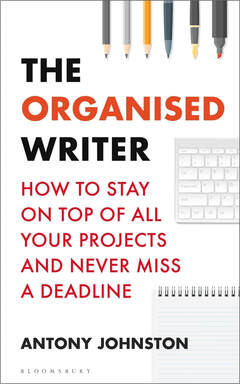
I recently had a chance to review this new book published by the Bloomsbury team that publish the Writers' and Artists' Yearbooks. Here in Australia we have a wonderful writing community - they are supportive of fellow writers, share experiences and helpful tips, and band together particularly on social media. To be honest, I loathe Twitter (I find it poisonous) but when it comes down to writers, illustrators, publishers, libraries, and others in the book trade, there's a lot of love and support out on that platform and other social media sites. We really do have a special industry here and we should celebrate and use that to learn and communicate with each other.
With that said, if you are interested in writing as a profession and don't have time or money to do any of the courses frequently offered via Writer's Centres, Author associations, community colleges, or even the publishers who offer training, this book is a really good place to start.
Well not if you aren't good with email so Antony writes about getting smart with email. Throw away traditional productivity systems. Flag emails, label emails - your job is to write and not be distracted.
So what do you need? You need a task manager. A task manager is a permanent fixture in your workflow as it contains projects which in turn contains tasks. We use one here at RM Marketing Services - ASANA - however for our marketing pipelines we use Less Annoying CRM which also provides tasks and notes specific to the channels in which we work.
Antony also talks about the power of saying No - which is also important and many writers have a hard time saying it. "Saying no gives you power both over your destiny and value". The book also talks about productive procrastination and organising your personal life.
Writers must be able to take notes quickly and easily record any thought, idea or task that comes to mind so naturally how to use your phone and computer is covered in the book. Many writers we have worked with have basic tech skills but it's time to brush up folks. Do your research and use the best devices and apps that work for you.
One of the helpful tools he provides in the book is Job Sheets and Templates - so look out for them. There's also a download link. The Organised Writer also covers basic advice re money, invoicing, pricing, set-up, and one that I think a lot of authors (and indeed marketers!) don't pay enough attention to - taxonomy. There are summary checklists and a decent reading list.
The book is A$26.99 and is published by Bloomsbury. You can order it on their website here or ask for it at your local bookshop or library. It's also available in ebook format via ProQuest's Ebook Central so if you are affiliated with a university or organisation that has access to the platform, do look for it there.
At the end of the day The Organised Writer is an uncomplicated read with some good basic advice to get you set up to write, keep organised, and deadline driven. We hope you find it useful.
A Guide to Book2Look
The Book2Look (B2L) service has been around for years now and is a helpful "look inside" tool for publishers and authors - it is designed to help sell books online by recreating the bookshop browsing experience. If you're not familiar with B2L, it's a URL that contains a package of marketing goodness as it contains your (online) promotional material in one central portal.
A B2L widget (biblet) allows readers to flip through a book, read more about the author, watch video or listen to audio, read reviews, order the book through shopping links and more! It also provides publishers with analytics to track views, clicks, embeds etc to work out what promotional activites and channels are creating the most engagement.
Here at RM Marketing Services we buy B2L widgets in batches for our clients as they are often part of the marketing mix for new books. We've been using them for a couple of years now and thought it was time we gave a rundown for publishers and their authors as to the best way to use the service to promote their books.
Setting up the content
Firstly, before you create a new biblet on the site, decide on what section of a book you'd like to offer up as a "look inside" for readers. It might be the first chapter, several chapters, selected pages. A fiction book, for example, might offer up the intro, set the scene, and then cut it off at the point the reader is invested in the story and wants to keep reading. A non-fiction book might provide longer chapters for viewers to get a feel of the book whereas a highly illustrated work would require selected pages to "show-off" the work. Scholarly presses would consider Table of Contents and contributor information, perhaps a chapter that provides a good overview of what the work covers without giving away the essence of it. Decide on your content and prepare the PDF. We prefer to extract the pages from the typeset file and have them in one separate file which you would mark as 100% view. Otherwise you can load the full content and select the nominated pages when you set up the widget.
|
|
Here is an example of a fiction book, Symphony for the Man published by Spinifex Press (2020). It's a wonderful book about Harry who is homeless in Bondi and the girl who wants to write him a symphony. No surprise it's been optioned for film already...
Helpful tip: read it listening to Beethoven's Eroica Symphony.
As you can see, the B2L widget includes 30 pages of the story - setting the scene for both Harry and the nameless girl. Readers can then make a decision to purchase by clicking on links contained within the URL.
|
|
Here's another example, this time for a highly illustrated non-fiction book on Australian Gin by David Box.
(Yes if you love Australian gin and want to learn more about it and our wonderul distilleries, buy the book, it's great!). This one has presented a few challenges as David is also the person behind the company Gintonica which sells Australian Gin. As you can see "reviews" for the book automatically picked up by SEO include his Gintonica products. We've left them there as we're big fans of his gin advent calendar. (And yes it's a thing, check it out at www.gintonica.com.au ) |
|
One of the downsides to B2L is the rather limited number of websites they offer up as standard - particularly if you are in Australia and New Zealand. Of course they have Amazon, The Book Depository and Booktopia but we have a vibrant independent bookshop culture here who have a good online offering. As these logos don't come up automatically in B2L we endeavour to save our preferred bookshop logos, resized for B2L, and manually load them for each widget we create but this does take time, particularly if the logos are rectangle/too long for the available logo space in the platform.
We then put the shopping links in order as to the booksellers who have ordered stock or have it available to purchase. If an independent bookshop is doing a marvellous job marketing the books to their community, we put them higher up the scale to support their endeavours. If a chain bookseller has taken lots of stock, we take that into account as well. We provide readers with options - direct selling from the publisher's website, indies and chains. And yes we've had clients who don't want to list the almighty Amazon and those that want all the major sites to be listed. Find out the business philosophy and sales strategy that's right for you. Our one is to not limit sales avenues - an order is an order, make it easy for readers to buy your books, preferably with one click.
Book reviews
When you set up your B2L pre-publication you might not have reviews available but over time collate your URLs and add them to the widget. Another downside to the site is that you can't ATTACH a PDF of a review - it must be a URL and in the day of paywalls, that isn't a great experience for people wanting to read more about the book if the review requires a subscription to access.
Make sure you save your favourite quotes from a review and add them to your own product page - if selling directly from your site - use that URL as the primary link for the book when you set up shopping links. We always put the publisher's website first.
Over time the B2L site will pick up bits and pieces automatically to add to the reviews - it might be reader reviews from GoodReads or articles about the author in the mainstream media. You can actually use the tools on B2L to "fetch reviews" and can then manually add anything that hasn't been picked up via SEO. We try and check in our links every month or so for active titles.
Audio Files and Video Content
You can load audio files so if you've got an author reading an extract from the book, add it in the widget. Video content is also super helpful - and it's easy, grab your URL and include it in the relevant section. We put in book trailers for example.
|
Embedding
Use the B2L navigation (three dots, upper left) select the Embed option to add a widget to your site. There are multiple options for embedding.
|
- Double Page. This widget is by all means the biggest widget of the entire set and does a perfect job to have an actual impression of the real book or just too simply read a few paragraphs and then want more. We've used a double page in the examples previously provided for Symphony for the Man and Australian Gin.
- Single Page. This type of widget means exactly what it says. It’s the same Biblet but viewed per single page since some people do prefer to read/view this way.
- Icon Embed tag. This is B2L's smallest widget, also known as the Look Inside icon. Typically found on e-commerce websites. On clicking on this widget the Biblet opens (in a new browser tab). Example below.
- Widget Embed tag. B2L say it's perfect to embed on your website for, let's say, a book review. Example below.
Author
Rachael McDiarmid has been in the Australasian book trade since 1990. Working in trade, academic and professional publishing as well as library supply and book distribution, she's worked with thousands of publishers, distributors, library vendors, and authors around the globe. She loves a belly laugh, strong coffee, wine, and good food. Venice is her favourite place in the world to visit but Sydney will always be home. She loves her office assistant Dash (also known as Dashie, Dashie Dog and the Little Shit). If you haven't already worked it out, she is known for her no bullshit approach.
Archives
July 2024
October 2023
June 2023
August 2022
April 2021
November 2020
October 2020
September 2020
June 2020
April 2020
November 2019
October 2019
July 2019
October 2018
April 2018
January 2018
December 2017
November 2017
October 2017
April 2014
Categories
All
Academic Library Supply
Adobe
Adobe Creative Cloud
Australian Book Industry
Australian Distribution
Australian Gin
Australian Publishing Industry
Author
Author Care
B2L
Badges
Balanced Curve
Ben Randall
Bibliographic Data
Book
Book2Look
Book Industry
Book Marketing
Book Promotion
Book Review
Booksellers
Books + Publishing
Business Books
Campaign Management
Case Study
Client
Coaching
Coaching Services
Communication Skills
Conflict Management
Consult
Consulting Services
Content Acquisition
David Box
Design
Designer
Digital Marketing
Direct Marketing
Distribution
EBL
Ebooks
Ebrary
Editing
Endorsements
Etextbooks
Every Stranger's Eyes
Flyers
Google
Graphic Designer
How To Market Books
Independent Publishing
Indie Authors
Indie Publishing
Internet
Introduction
Inventory
Library Supply
LinkedIn
Local Publishing
Major Street Publishing
Marketing
Marketing Solutions
Mark Rosenberg
Mastering Hard Conversations
Mediation
Micro Publishers
My Identifiers
MyiLibrary
New Book Information
Nielsen
Online Marketing
Online Marketing For Busy Authors
Operations
OTJ
Outsourcing
Outsourcing Solutions
Photoshop
Portfolio
Posters
Project Management
Promotional Material
Promotions
Proofreading
Proquest
Publicity
Publisher Relations
Publishing
Publishing Industry
Rachael McDiarmid
Recommendations
Review
RM Marketing Services
Sales
Sales Material
Self Promotion
Self-Promotion Without Social Media
Sisters For Sale
Small Press
Social Media
Social Media Strategy
Special Accounts
Supplier
Supply Chain
Thorpe-Bowker
Time Management
Tips And Tricks
Training
Website Management
Wholesaler
Writing



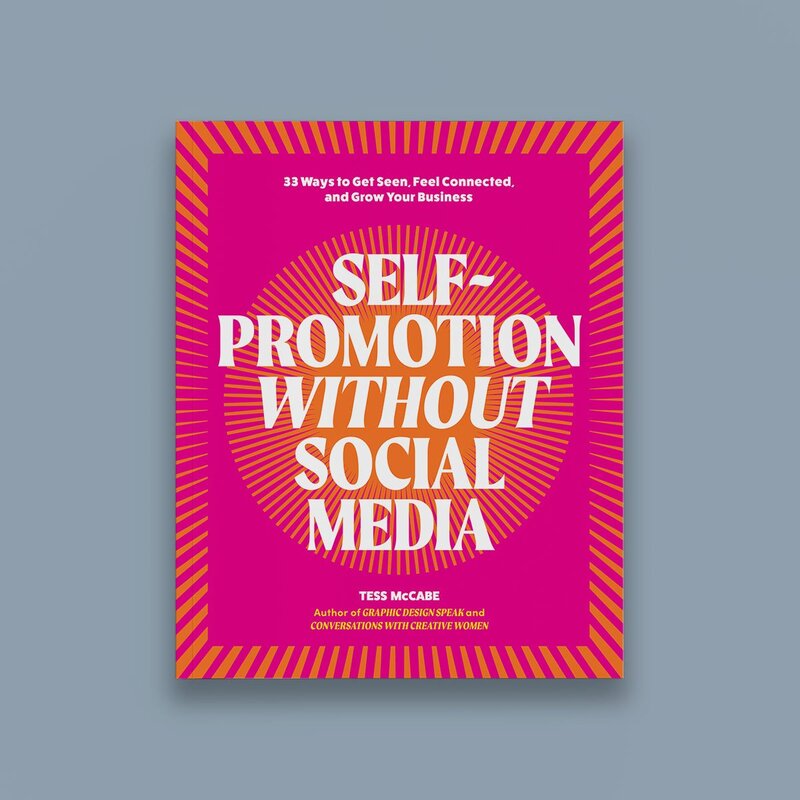
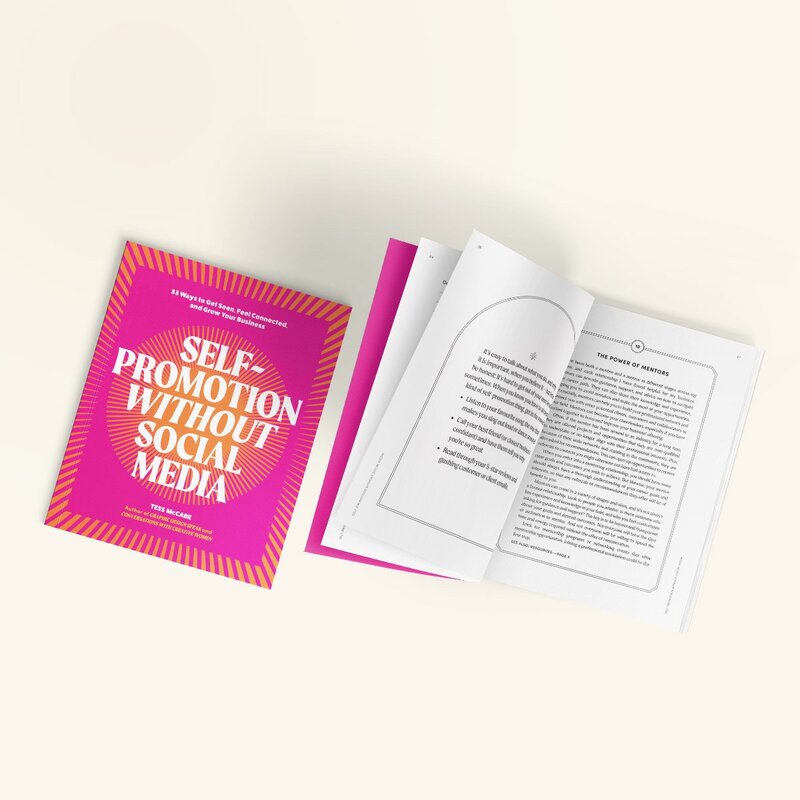
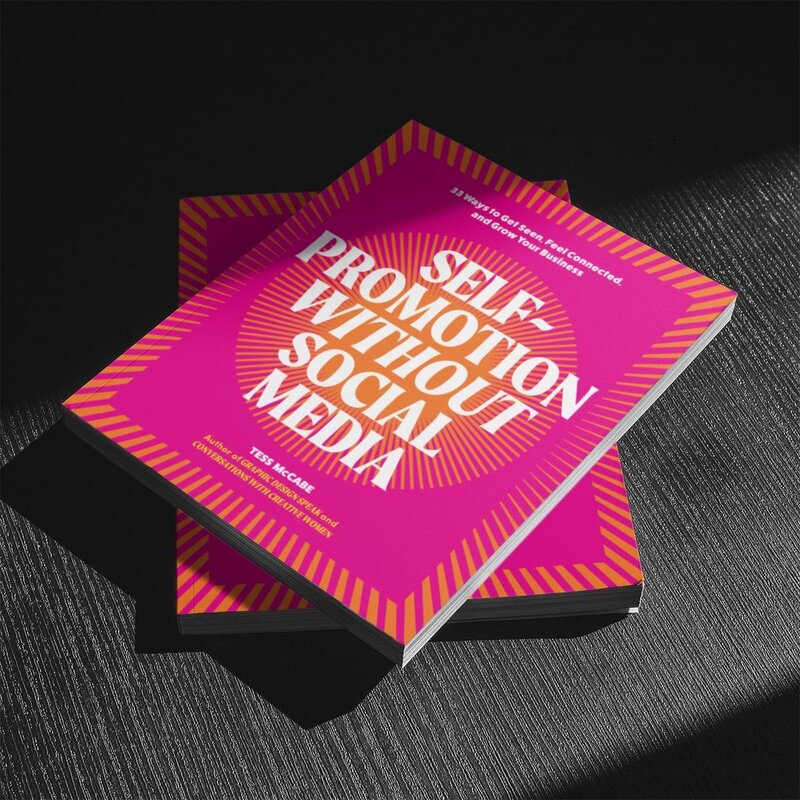


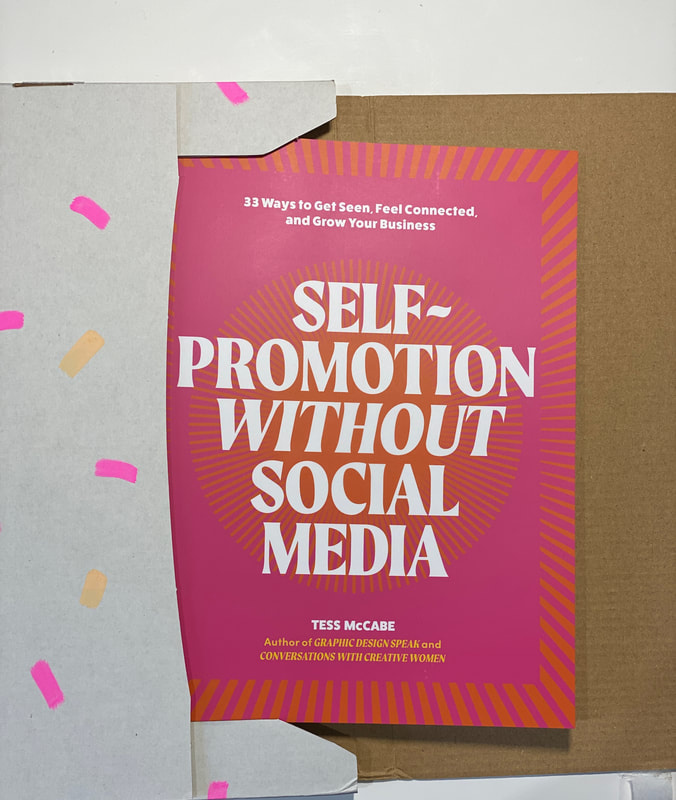
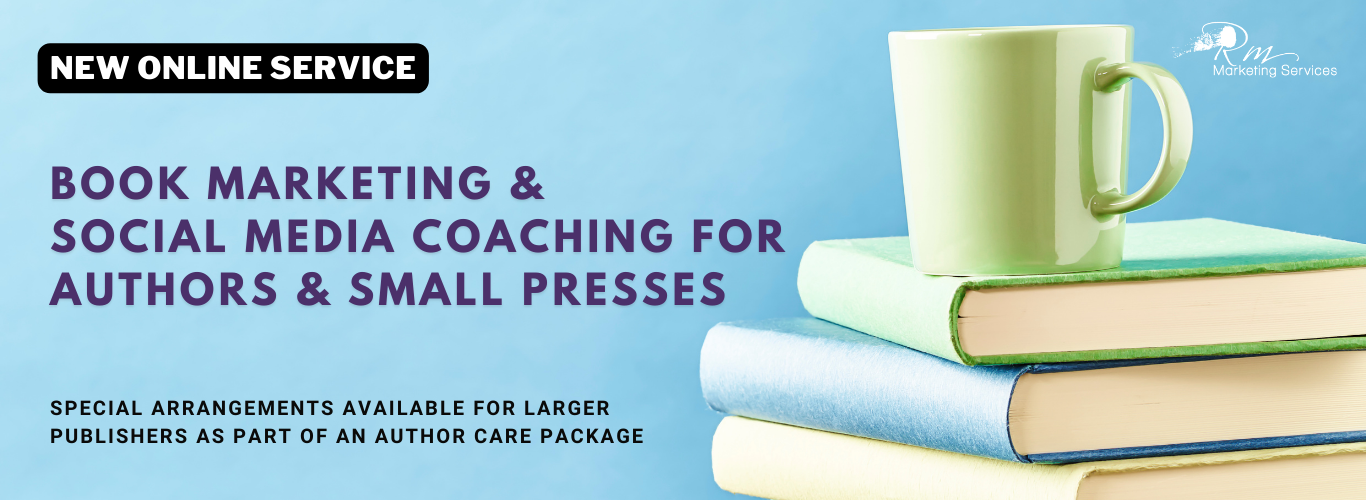
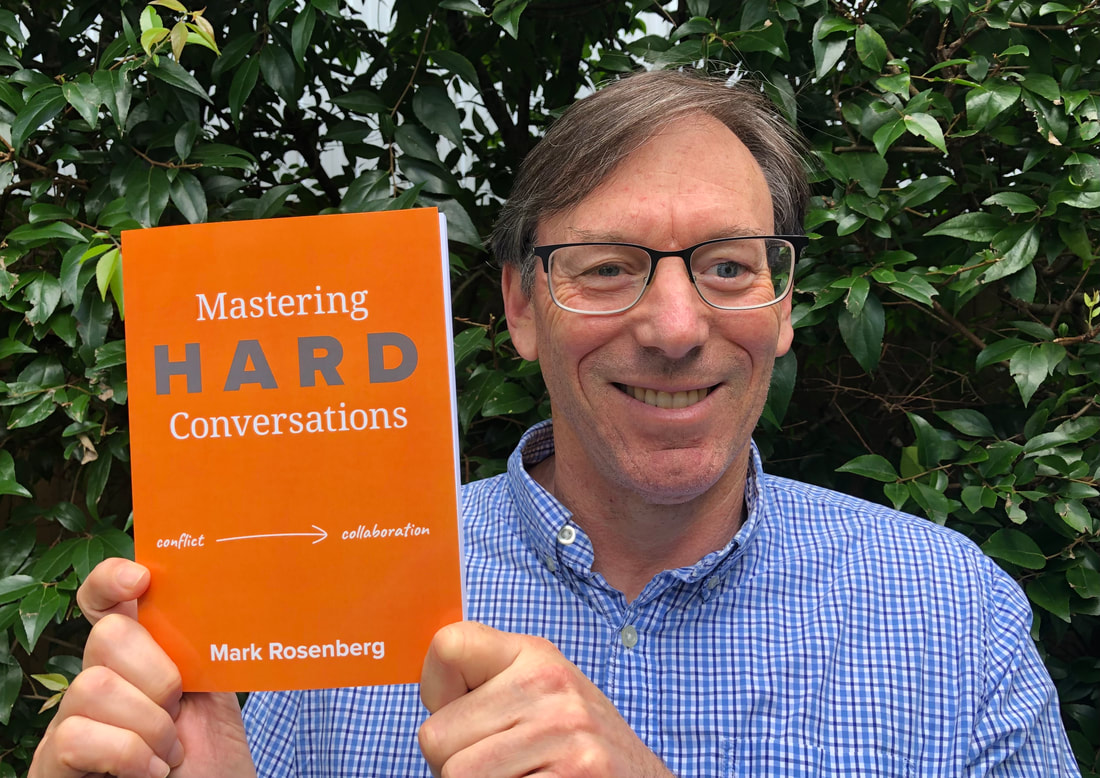

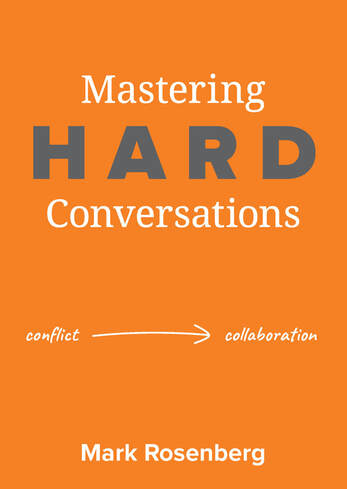
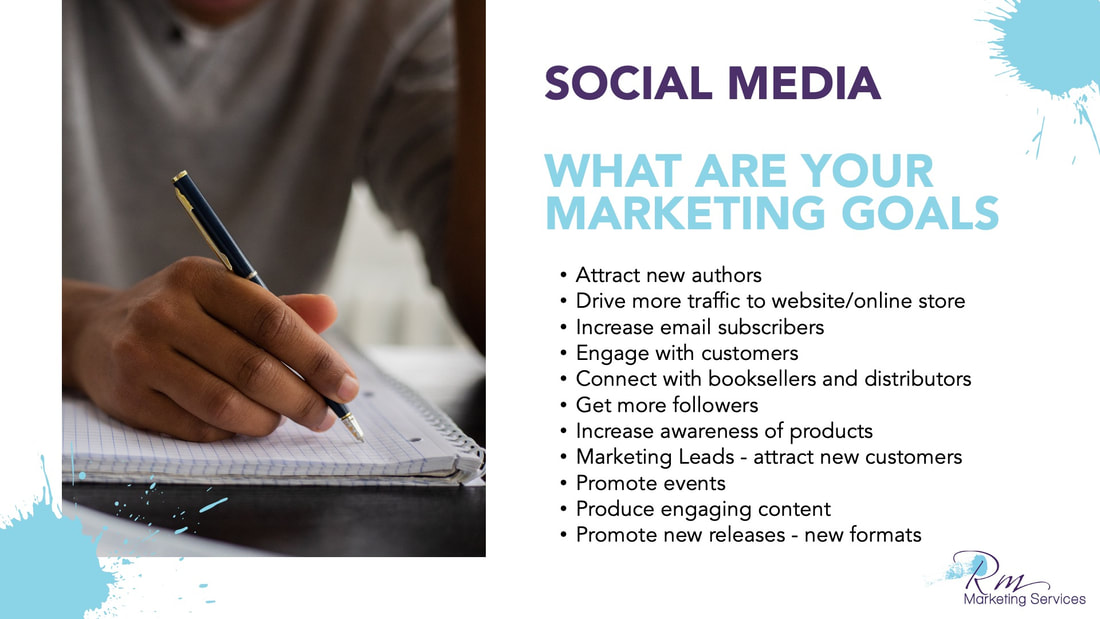

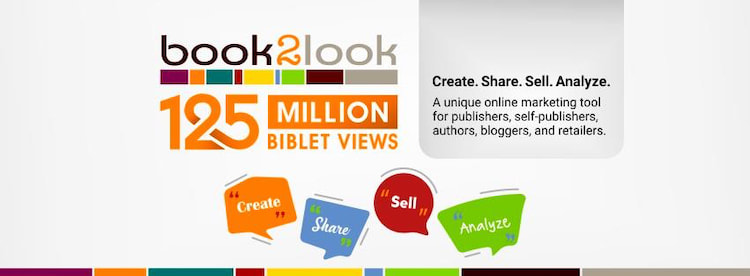
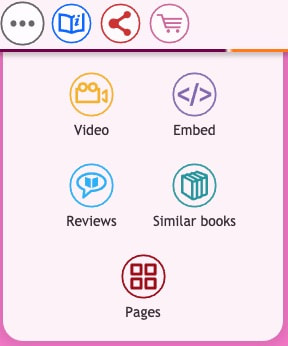
 RSS Feed
RSS Feed